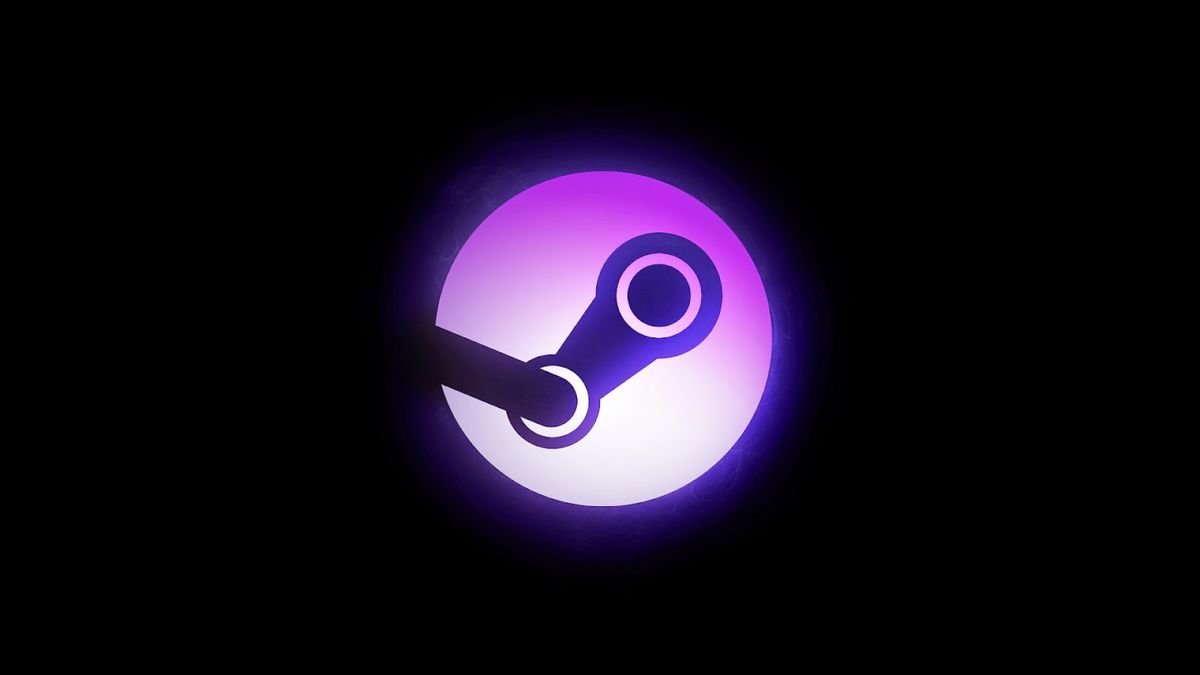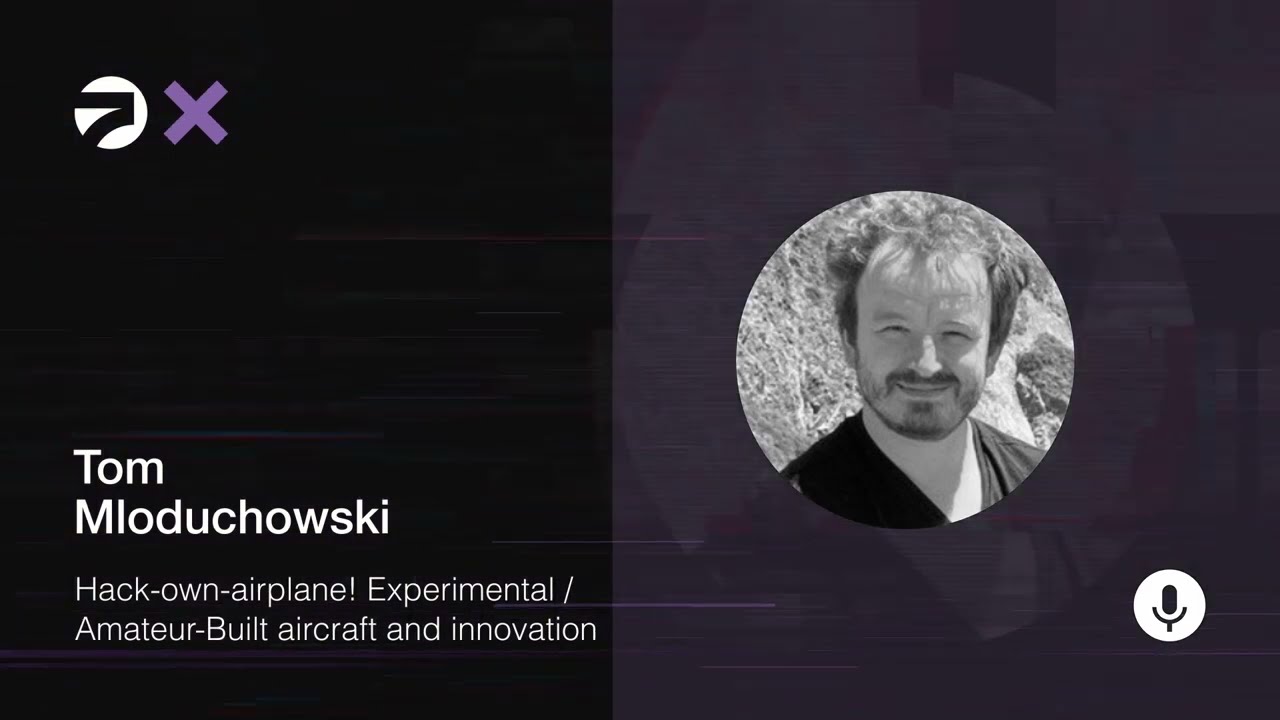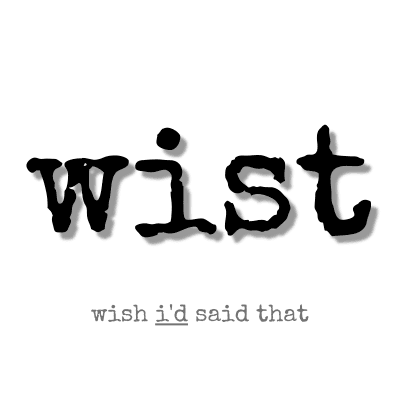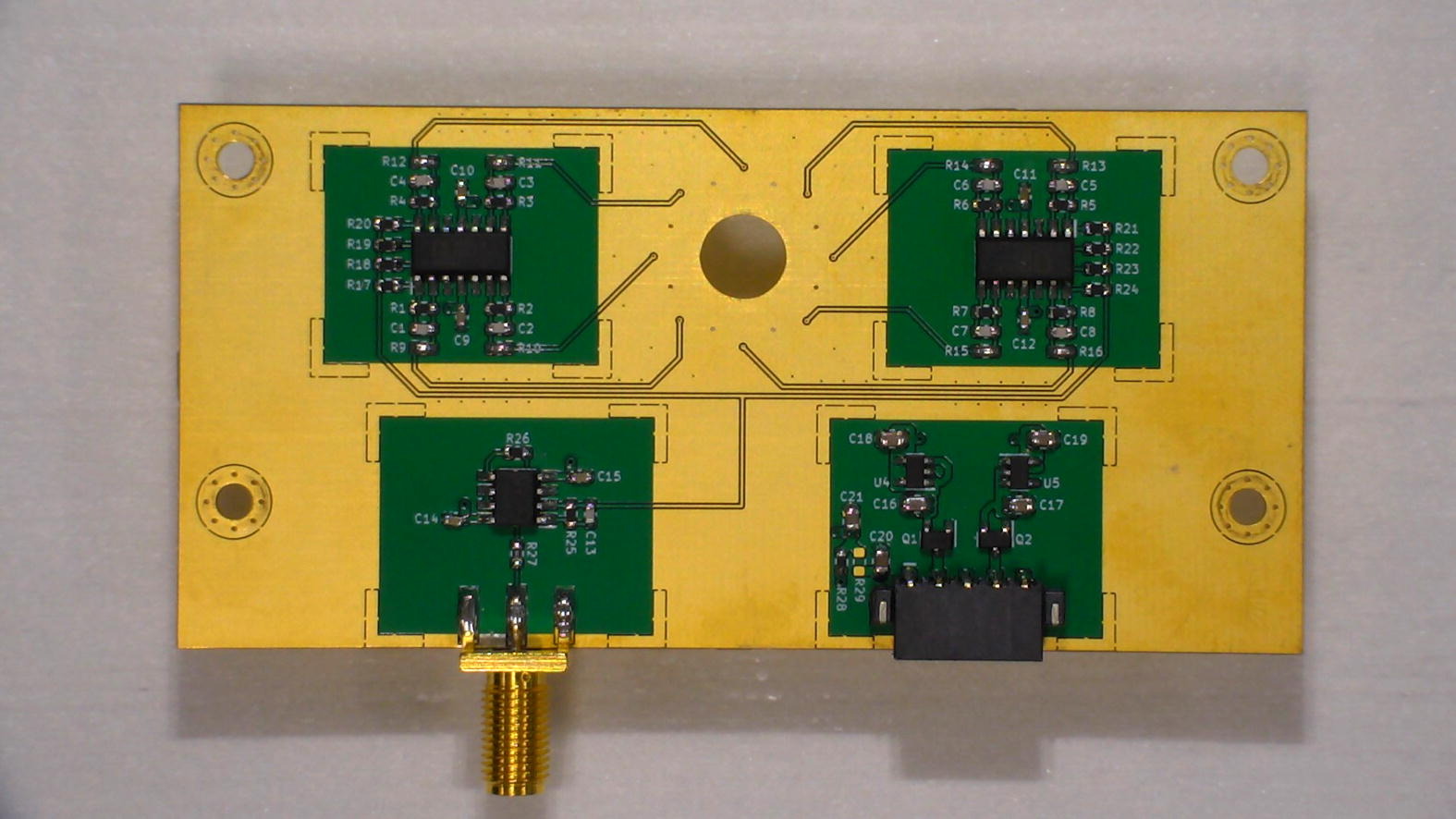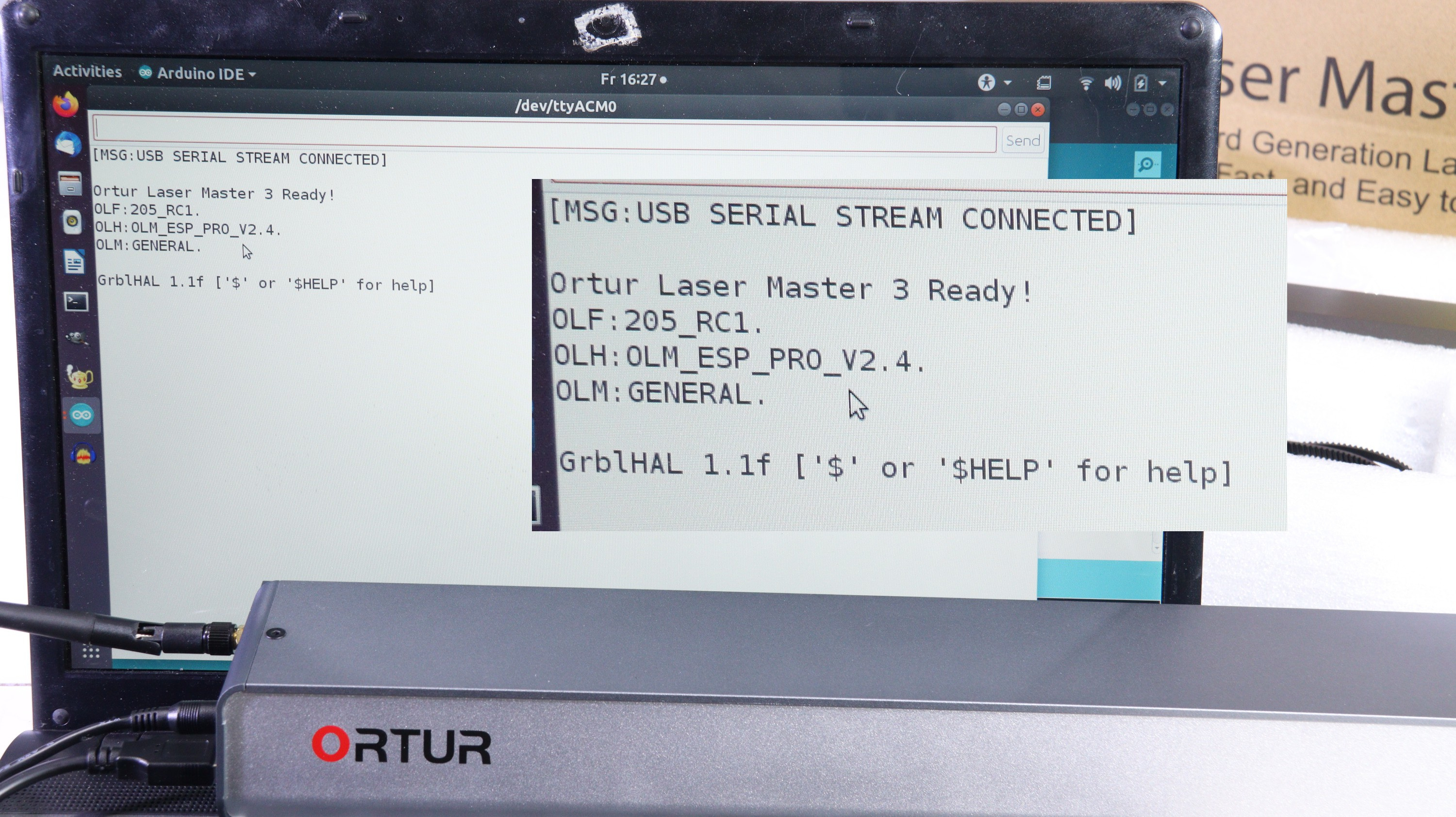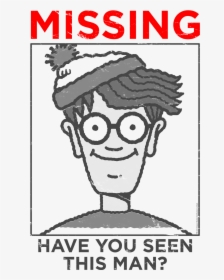One person like that
#license
The individualism which finds its expression in the abuse of physical force is checked very early in the growth of civilization, and we of to-day should in our turn strive to shackle or destroy that individualism which triumphs by greed and cunning, which exploits the weak by craft instead of ruling them by brutality.
Theodore Roosevelt (1858-1919) American politician, statesman, conservationist, writer, US President (1901-1909)
Speech (1910-04-23), “Citizenship in a Republic [The Man in the Arena],” Sorbonne, Paris
#quote #quotes #quotation #avarice #cunning #economicinjustice #exploitation #greed #individualism #license #regulation
Sourcing / notes: https://wist.info/roosevelt-theodore/73529/
One person like that
1 Shares
7 Likes
3 Shares
#Steam's new #disclaimer reminds everyone that you don't actually own your #games, #GOG moves in for the killshot: Its offline installers 'cannot be taken away from you'
So if the absence of #ownership on Steam isn't new, why the new message? My assumption is that it arises from recent pushback against game publishers ending support for online games, rendering them inoperable, and in some cases revoking the #licenses to those games outright. That too is nothing particularly new, but #Ubisoft broke the camel's back earlier this year when it ended services for The Crew and stripped the license from people who had purchased it. That sparked a "Stop Killing Games" consumer campaign and, more pointedly, a new #California #law that requires retailers to warn consumers that the digital games they buy can be taken away at any time—as this message does.
#game #gamer #knowlege #customer #license #buy #economy #internet #news #Problem
5 Likes
1 Comments
California’s new law forces digital stores to admit you’re just licensing content, not buying it
"California Governor Gavin Newsom has signed a law (AB 2426) to combat “disappearing” purchases of digital games, movies, music, and ebooks. The legislation will force digital storefronts to tell customers they’re just getting a license to use the digital media, rather than suggesting they actually own it."
#streaming #drm #digital #purchase #ownership #license #california #usa
One person like that
1 Shares
One person like that
MIT License Set to Music
performed by computer software (a.k.a., "AI")
A while back I posted a link to that famous musical performance of the British Highway Code (Part One: the Rural User on Foot) by the Master Singers. Here's software performing the MIT license. It's fun. I prefer the GPL to MIT license, but a performance of the GPL would be a lot longer. The disclaimer is the best part.
https://www.youtube.com/watch?v=pGbodliLFVE
#mit-license #mit #ai #software #copyleft #license #software-license
I found out about this from an ArsTechnica article.
One person like that
1 Comments
///Free or open photos///
Need photos to illustrate?
Over 15 sites referenced on https://libre.graineahumus.org
Space, food, landscapes, science... Many themes available!
#libre_graineahumus #directory #license #libre #public_domain #contributions
///The Mutopia Project///
Music scores in the public domain or under creative commons licenses.
https://www.mutopiaproject.org/
A project present on https://libre.graineahumus.org
#Scores #music #license #free #public_domain #contributions
One person like that
"If buying isn't owning, #piracy isn't stealing"
Source: https://pluralistic.net/2023/12/08/playstationed/#tyler-james-hill
Last week, #Playstation owners who'd bought (or "bought") Warner TV shows got messages telling them that #Warner had walked away from its deal to sell videos through the Playstation store, and so all the videos they'd paid for were going to be deleted forever. They wouldn't even get refunds (to be clear, refunds would also be #bullshit – when I was a bookseller, I didn't get to break into your house and steal the books I'd sold you, not even if I left some cash on your kitchen table).
So the entertainment industry thinks copying is like stealing but deleting bought licenses from the customer is not stealing because it's normal business? It's a mad world.
#customer #Sony #problem #business #economy #entertainment #license #digital #owner #content #service #fail #news #justice #politics #drm
4 Likes
3 Shares
#EA has acquired a #license for the world-famous #Indygame #chess.
Changes were immediately announced for the game, which will now be released annually in new editions.
1) three new maps
2) Two new #game pawns, but only in the paid #DLC.
3) The pawns can be leveled up, but only via loot boxes.
The CEO rejects the #criticism of the game changes and explains that the #money is needed to make chess more interesting again.
The #profits flow into sexy skins, making the game interesting for a wide audience.
New Map:

Cat Skin:

Game of Thrones Skin:
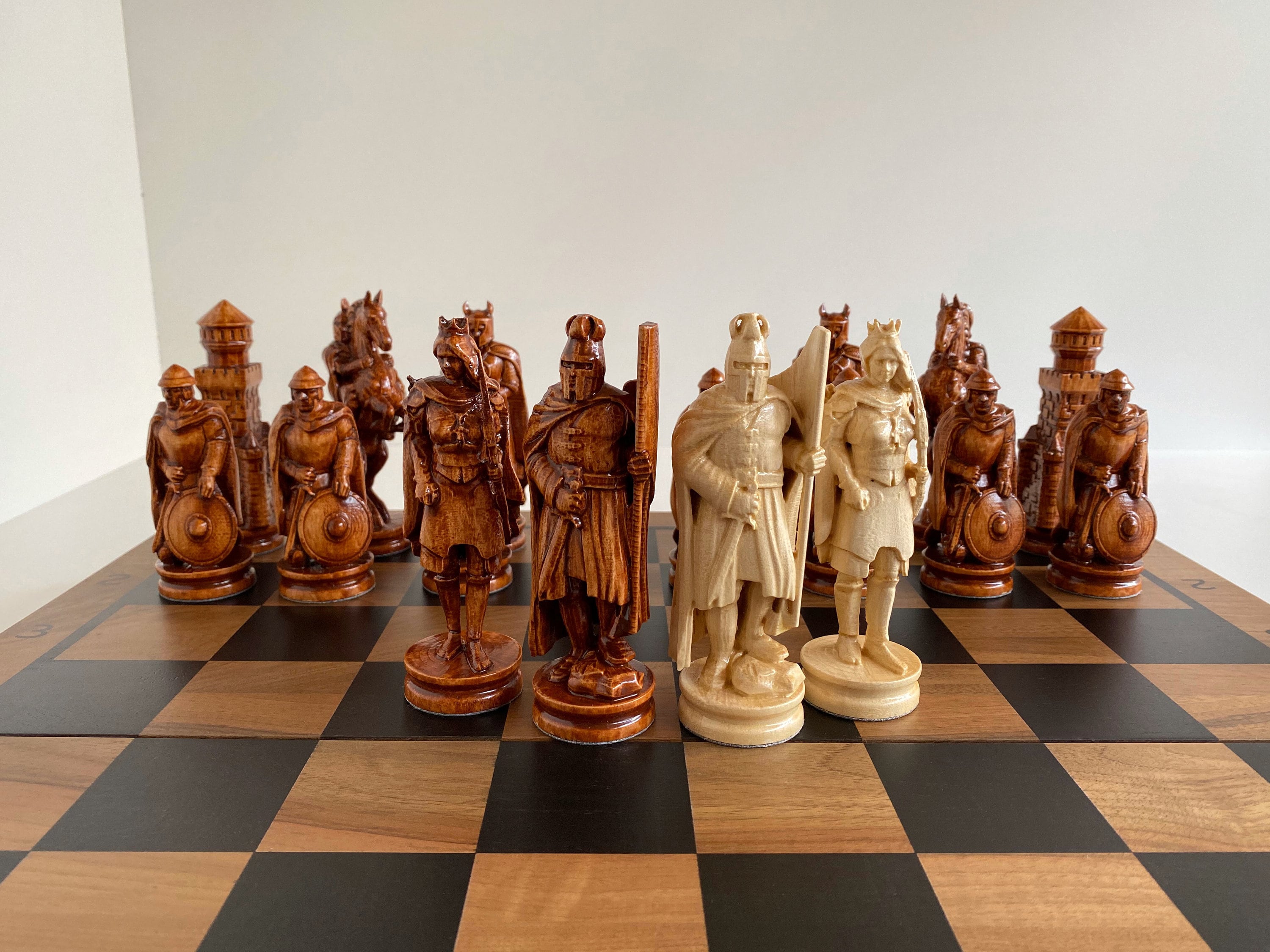
More Action and better Animations:
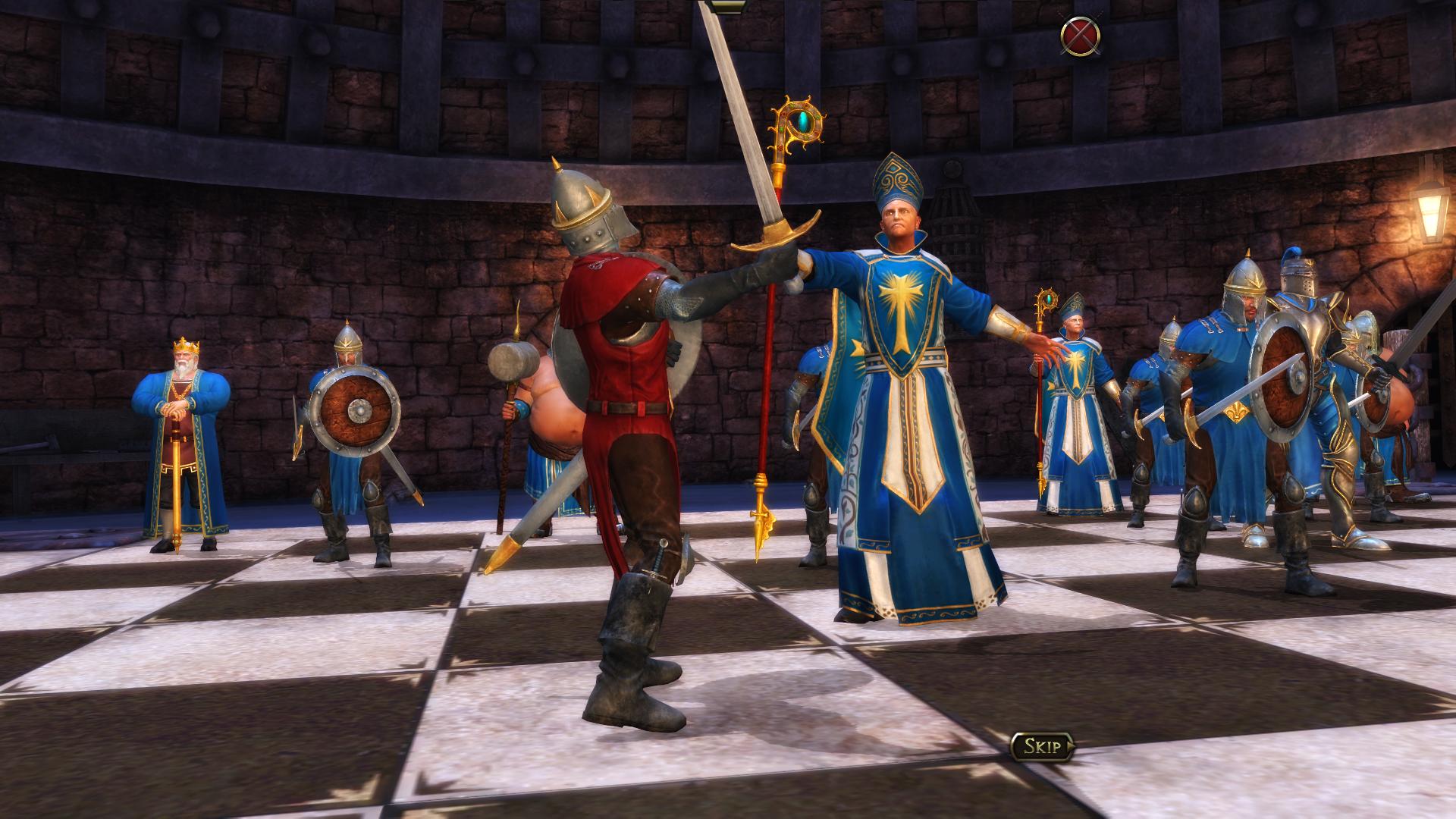
3 Likes
A quotation from Bierce, Ambrose
BACCHUS, n. A convenient deity invented by the ancients as an excuse for getting drunk.
Ambrose Bierce (1842-1914?) American writer and journalist
“Bacchus,” The Cynic’s Word Book (1906)
#quote #quotes #quotation #alcohol #convenience #deity #drinking #drunkenness #God #license #wine
Sourcing / notes: https://wist.info/bierce-ambrose/64479/
1 Shares
2 Likes
"THE BEER-WARE LICENSE" (Revision 42): nick@mozilla.com wrote this file. As long as you retain this notice you can do whatever you want with this stuff. If we meet some day, and you think this stuff is worth it, you can buy me a beer in return. Nick Desaulniers
#beer-ware #license #softwarelicense #software #programming #humor #humour
source: https://github.com/nickdesaulniers/javascript-playlist-parser
1 Shares
One person like that
2 Likes
1 Shares
5 Likes
“FOSS means that effort is shared across organizations and lowers maintenance costs significantly” (src: comment by JohnFOSS on itsfoss.com)
getting the naming right: Why is it GNU Linux and not just Linux?
[video width=”576″ height=”462″ mp4=”https://dwaves.de/wp-content/uploads/2022/01/Stallman-getting-the-naming-right-Why-is-ist-GNU-Linux-and-not-just-Linux.mp4″\]\[/video\]
- because it would given the developers who wrote the c compiler gcc (many contributors) and libc (many contributors) that compiles the kernel (and a lot of other stuff) no credit
Linus talking about GPL v3 vs GPL v2 (the better one)
[video width=”578″ height=”348″ mp4=”https://dwaves.de/wp-content/uploads/2022/01/GNU-Linux-DebConf-Linus-talking-about-GPL-v3-vs-GPL-v2-the-better-one.mp4″\]\[/video\]
- ### the (GPL 2.0) intented social contract is: “i give you sourcecode, give me back your changes”
- Linus drew criticism over his “stubbornness” to stick with GPL 2.0 e.g. Oracle’s Sun’s ZFS filesystem is released under a GPL incompatible licence, that as seen in this video statement, that is completely on purpose, just as it is (probably) on purpose by Oracle’s Sun to be DELIBERATELY incompatible with GPL (it seems to be a Microsoft-like a fake-support for the Open Source movement attempt companies like that “want to do marketing as Open Source but not really do Open Source”)
- GPL 2.0: (spdx.org calls it “Deprecated”? calling this the successor version)
- GPL-2.0+.txt
- GPL-2.0+.pdf (Courier like Font)
- GPL-2.0+ (Liberation Sans, Arial like font)
- GPL 2.0: (spdx.org calls it “Deprecated”? calling this the successor version)
- Tivoization /ˈtiːvoʊɪˌzeɪʃən/ is the creation of a system that incorporates software under the terms of a copyleft software license like the GNU General Public License (GNU GPL), but uses hardware restrictions or digital rights management (DRM) to prevent users from running modified versions of the software on that hardware. Richard Stallman coined the term in reference to TiVo‘s use of GNU GPL licensed software on the TiVo brand digital video recorders (DVR), which actively blocks users from running modified software on its hardware by design.[1][2] Stallman believes this practice denies users some of the freedom that the GNU GPL was designed to protect.[3] The Free Software Foundation refers to tivoized hardware as “tyrant devices”.[4] (creditz: wiki)
- Linux kernel licensing rules ============================
- The Linux Kernel is provided under the terms of the GNU General Public License version 2 only (GPL-2.0), as provided in LICENSES/preferred/GPL-2.0, with an explicit syscall exception described in LICENSES/exceptions/Linux-syscall-note, as described in the COPYING file.This documentation file provides a description of how each source file should be annotated to make its license clear and unambiguous. It doesn’t replace the Kernel’s license.The license described in the COPYING file applies to the kernel source as a whole, though individual source files can have a different license which is required to be compatible with the GPL-2.0:
GPL-1.0+ : GNU General Public License v1.0 or later <a href="https://spdx.org/licenses/GPL-2.0-or-later.html">GPL-2.0+ : GNU General Public License v2.0 or later</a> <a href="https://git.kernel.org/pub/scm/linux/kernel/git/torvalds/linux.git/plain/LICENSES/preferred/GPL-2.0?h=v5.17-rc2">https://git.kernel.org/pub/scm/linux/kernel/git/torvalds/linux.git/plain/LICENSES/preferred/GPL-2.0?h=v5.17-rc2</a> LGPL-2.0 : GNU Library General Public License v2 only LGPL-2.0+ : GNU Library General Public License v2 or later LGPL-2.1 : GNU Lesser General Public License v2.1 only LGPL-2.1+ : GNU Lesser General Public License v2.1 or later
src: https://docs.kernel.org/process/license-rules.html
- actually there is a whole folder “LICENCE” that is shipped with the kernel sources, which has the following subfolders:
- deprecated
- dual
- exceptions
- preferred
- here is a list of all sorts of free licences https://spdx.org/licenses/ (RSS Feed)- Can I use the word “Linux” or the Tux logo?
hereby creditz shall be given to Larry_Ewing for creating the Tux Logo
Linux is a registered trademark of Linus Torvalds and its use is governed by the Linux Trademark Institute. Please consult the following page for further information: Trademark Usage
The Tux penguin logo was created by Larry Ewing using Gimp software. It is free to use, including commercially, as long as you give Larry Ewing proper credit (“if someone asks”). For any other permissions, please reach out to Mr. Larry Ewing directly. (src)
- I heard that Linux ships with non-free “blobs” (pieces of software that are binary closed source)
- Before many devices are able to communicate with the OS, they must first be initialized with the “firmware” provided by the device manufacturer.
- This firmware is not part of Linux and isn’t “executed” by the kernel — it is merely uploaded to the device during the driver initialization stage.
- While some firmware images are built from free software, a large subset of it is only available for redistribution in binary-only form.
- To avoid any licensing confusion, firmware blobs were moved from the main Linux tree into a separate repository called linux-firmware.
- It is possible to use Linux without any non-free firmware binaries, but usually at the cost of rendering a lot of hardware inoperable.
- Furthermore, many devices that do not require a firmware blob during driver initialization simply already come with non-free firmware preinstalled on them.
- If your goal is to run a 100% free-as-in-freedom setup, you will often need to go a lot further than just avoiding loadable binary-only firmware blobs.
- src: https://kernel.org/category/faq.html
Links:
https://www.linuxplumbersconf.org/
because this site https://lpc2021.org/ is massively broken (WTF LPC?) who wants to watch the 2021 conference will have to rely on Google: https://www.youtube.com/playlist?list=PLVsQ_xZBEyN2c21jFUgqI2iMa094zXanH
manpage of man: man.man.txt
#linux #gnu #gnulinux #opensource #administration #sysops #gpl #fsf #eff #licence #licensing #license #gnu-linux #gcc #kernel #linus #stallman
Originally posted at: https://dwaves.de/2022/01/31/why-is-it-gnu-linux-and-not-just-linux-linus-talking-about-gpl-v3-vs-gpl-v2-the-better-one-the-social-gpl-contract-is-i-give-you-sourcecode-give-me-back-your-changes-non-free-binary/
License Isn't Enough For A Software To Be Free
It never has been and it's becoming apparent now more than ever. Decades of highly evolved capitalism have been, through unprecedented power of tech giants, rapidly shaping technology to prey on people, to invade their privacy, to make them dependent, to make them consume, to push tons of advertisement and brainwashing, refuse compatibility and attempts at repairs and fixes. Everything's unnecessarily and dangerously interdependent, wasteful, "in the cloud" and based on constant maintenance and updates, constant artificial growth that only exists for the sake of keeping the capitalist machine going. Technology that was meant to be our victory has become the cancer of our society.
This evil of constant and blind pursuit of maximum profit for all costs permeates the whole design of today's technology, from the ground up, from programming languages to user interfaces – everything is designed with no other goal than to make more money, and this design is incompatible with freedom.
It is not anymore just about the technology, it is the whole culture around technology that's been formed to stand opposed to the user: the idea that you need yet higher resolution, a new phone with more cameras, a faster graphics card, a fridge with artificial intelligence, watch connected to the Internet, a photorealistic game with weekly content updates, an interface that flashes, animates and makes smalltalk with you.
A license isn't nearly enough to deal with this. It never has been and no one ever said it would be. Richard Stallman has indeed foreseen this from the start. If we read the GNU project's definition of free software, we read it starts with the sentence
A program is free software if the program's users have the four essential freedoms: ...
There is no mention of any legal grant of freedoms, it is only said the user needs to have the freedom, not just by law but mainly de facto, practically.
A license is but one tool for helping freedom, but throwing a license at oppressive culture won't magically make it free.
Yes, a free software license was a revolution in the 80s, back when technology wasn't so spoiled, back when there was only one obstacle to freedom: copyright. Ten decades later now? A license is a start, an important but tiny first step, a condition necessary but not sufficient. A step after which, sadly, most projects stop.
A legal right to modify a program is worth nothing if almost no one can execute it. If a project consists of 10 millions lines of highly complex code and requires a deep know how and very specific setup to just compile, it is practically exclusively controlled by its developer, usually a company with a lot of money to pay several full time developers. If a program can, in theory, run on old computers but decides to rather require the latest hardware to enable "popular features", and in doing so discriminates against poor users or users who use old computers e.g. for security reasons, in a sense betrays freedom 0: the freedom of indiscriminatory use. If a project makes the decision to strive for momentarily popularity and decides to tie itself to dozens of dependencies, many of which are likely to die within a decade, it makes the decision to discriminate against the users in the future.
No one is concerned with real freedom anymore. No one knows the essentials of good engineering, efficiency, the Unix principles. Dare to voice criticism? Be prepared to be met with a recommendation to shut up, "we have a free license, therefore we're free", "that's how things are done today" or better yet "we're open source, our source is open!" Projects simply copy paste the proprietary culture with all its malicious design and put up a "free" sticker as a mark of coolness, perhaps a nice brand to help the marketing, to get a few more stars on GitHub for a nice portfolio.
We've become – or have been lead to become – so focused on the means, the license, that we've forgotten the ends: the freedom. The culture of free software and free art isn't a copy paste of today's culture with a piece of paper attached. It is a whole new way of thinking. A one that requires us to abandon the shallow short-sighted design of consumer technology, and art as well. A decision to stand out of the popular, to say no to the modern when modern means yet more sophisticated in restricting freedom.
Yes, we need licenses today, but we need much more. So let's look into the future, and in doing so let's take a step back from the wrong path to the intersection we've already visited, so that we can start heading in a new, better direction.
#freesoftware #FOSS #opensource #capitalism #license #open-source #freeculture

